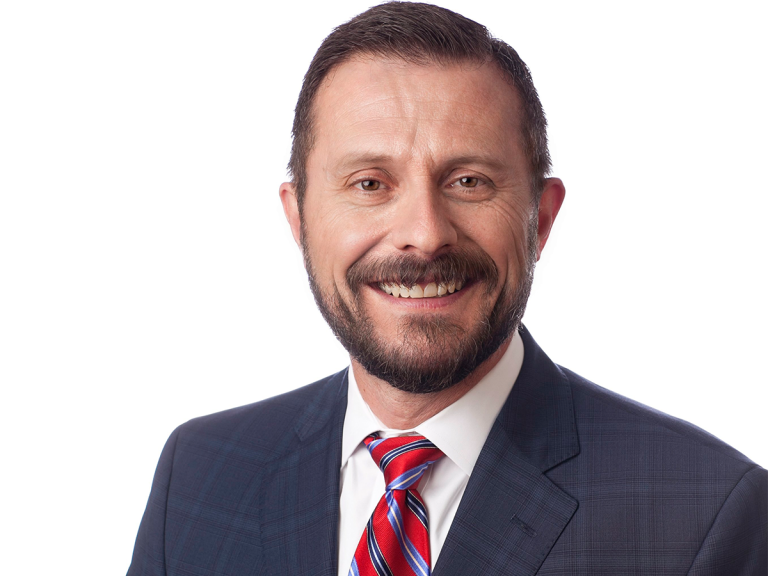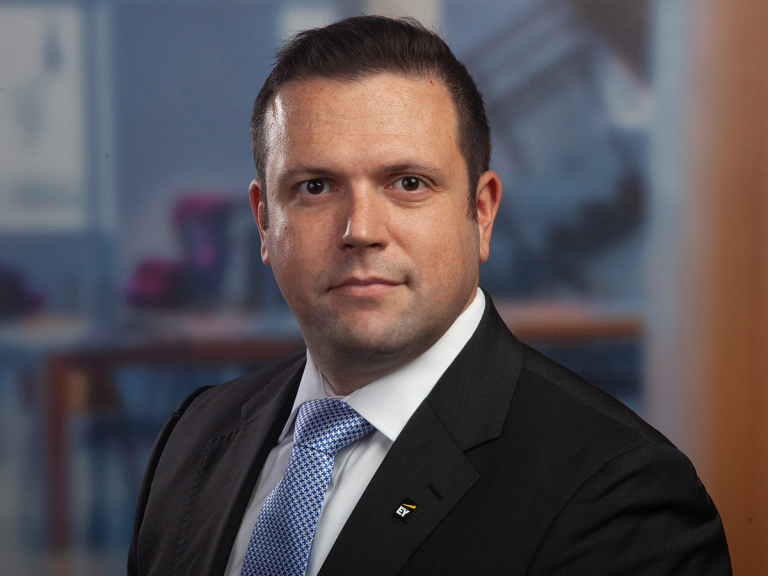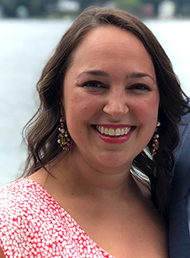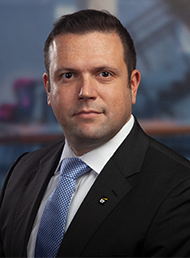- Captives now viewed as a business enabler by MGA community
- Additional flexibility and opportunity to profit share two key drivers
- Cells in Washington DC, as well as Guernsey and Bermuda formations common
Managing general agents (MGAs) are increasingly launching their own captives as a means of providing additional capacity or in a bid to share in the underwriting profits resulting from its programmes.
MGAs, as well as managing general underwriters (MGUs), are a specialised type of insurance broker or agent that have been granted underwriting authority by an insurer, which can include binding coverage, pricing and settling claims.
As well as using captives as vehicles to boost capacity, MGAs are utilising their own in-house insurer to take more of the rewards for their own underwriting performance, strengthen client relationships, and to ultimately have more skin the game.
The number of MGAs using captives has grown in recent years, and this trend is expected to continue.
Donna Weber, senior vice president at Marsh Captive Solutions with responsibility for the broker’s global protected cell companies, told Captive Intelligence that Marsh works with MGAs and their captives or cells across a wide variety of lines.
“We’ve got traditional P&C, life, medical stop loss and cyber, for example,” she said.
“We’re talking to a number of new MGAs that are in the pipeline, so I think it’ll continue to be a growth area.”
Subscribe to the Captive Intelligence newsletter to receive our FREE twice weekly updates with links to news, analysis and podcasts.
Oliver Schofield, chief executive at RISCS CWC, said: “We are seeing a focus on MGAs looking to establish vehicles to enable them to participate in the successful underwriting of that particular MGA.”
RISCS CWC worked on two insurance company formations in Bermuda for MGAs based in Latin America, and is currently working on two formations in Guernsey for MGAs from the United Kingdom and Australia.
The relationship between captives and MGAs in not new, and as well as forming their own captives, it is common for MGAs to have captives and captive owners as insurance clients.
The captive and MGA relationship is particularly useful when both are working in niche lines.
For example, specialist crisis response cover supported by an MGA can be embedded into a captive, and act as a first line of defence to protect a captive’s underlying capital.
“Having sat on the carrier side for 15 years or so, and now running an MGA, I now see what MGAs can bring to the market and captives specifically, particularly around product innovation in specialist areas,” said Charlie Hanbury, CEO at Samphire Risk, told Captive Intelligence.
“These areas may sit in a corner of a larger carrier, where that kind of focus on innovation and driving products, which are adapting to the risk environment in a very niche space, is arguably under-focused.”
An MGA is able to focus on these niche risks using data, and through threat intelligence, to provide greater oversight of the risks that captives are potentially exposed to.
Aside from viewing captives (and captive owners) as a valuable client base, however, the MGA curiosity concerning formalised self-insurance as a business enabler for themselves has heightened in recent years.
Captive proposition – capacity
MGAs are frequently exploring the use of captives when struggling to obtain capacity, while the captive is also being used as a tool to prove to commercial carriers that the MGA is willing to put skin in the game.
“For MGAs, finding capacity is difficult right now,” Andy Hulme, director of underwriting at Strategic Risk Solutions, told Captive Intelligence.
“It’s really important that an MGA has their own intellectual property, and their own value within that construct in order to be able to build that company out.
“By having their own insurance entity, wherever that sits within the value chain, it gives them something to build upon, to take some of the rating functions, to define policy wordings, and to take some skin in the game.”
The captive also gives MGAs more control over their own structures, as it allows them to remove capacity, when current capacity is less inclined to continue without having changes to the MGAs’ products, language, ratings, and systems, for example.
An MGA having its own captive is often seen as a good way of building a strong relationship between the MGA and the commercial market.
“I think some of their partners, the front-end companies, prefer them to keep a bit of the business and hopefully they’re able to get some of the benefits of that business,” Weber said.
“I think it also develops a better partnership between those front-end companies and the MGA or MGU.”
Captive proposition – underwriting profit
While capacity challenges are one reason an MGA would look to form a captive, not all MGAs with captives are experiencing capacity issues.
“We’re not required to use the captive, and we use the captive at our own discretion, our own risk appetite, and our own desire,” said Shawn Ram, head of insurance at Coalition.
Coalition, which established Palekana Insurance, Inc in Hawaii in December 2021, describes itself as the “world’s first Active Insurance provider designed to prevent digital risk before it strikes” and uses data-driven technology to provide coverage to more than 60,000 policyholders.
“Given the results of Coalition, we’ve been able to secure capacity across all our programme needs,” Ram added.
Strong performing MGAs are using captives to capture more of their own underwriting profits, which would otherwise be going directly to the ultimate insurer.
Ram said: “At some point as an MGA, you have to say, ‘I am providing a tremendous amount of value to carriers regarding the amount of money that they’re making due to profitability, how can I capture more of that?’”
Scofield said in a GCP Exclusive released on 19 January that MGAs are generally looking to take a “slice of the action”.
“We have one that we’re looking at from continental Europe at the moment, where they’ve had quite a good loss record over the last 10 years, but the last two years have been horrific,” he said.
Schofield highlighted that in order to demonstrate to its commercial insurance partners that they are serious about improving the performance of the programme, that MGA is setting up its own vehicle to quota share or co-insure 10% of the programme.
Protected cell companies
MGA Xchange Benefits launched protected cell company Distribution Re in January 2023, to provide a cell offering to its clients. The company then outsources the captive management to another firm.
The Tennessee based entity insures accident and health risks mainly in the form of high deductible medical stop loss plans.
Peter McGuire, CEO of Xchange benefits, highlighted that following the Affordable Care Act in the United States, the stop loss market went from about from $5-$6bn to $25bn “and there was a huge shift to self-funded medical cover over approximately 10 years”.
That ultimately led to a large amount of growth in the market, as a lot of employers wanted to be more self-deterministic about to the type of benefits they could provide to their employees.
“During that same period of time, the captive industry started to look at benefits, whether it was a large employer who could have its own captive, or where some start-up cell providers were making cells available to those companies, especially smaller employers, that wanted a cell for their benefits,” McGuire told Captive Intelligence.
McGuire highlighted that if the company has 10 hospitals, or a large employer in one of its cells, “it gives us a greater sense of risk control and at the same time gives us a greater sense of our ability to keep a client relationship for longer”.
He noted that by pooling the risks together, the MGA can secure more competitive pricing, and “at the very least, over a period of time, manage potential rate increases more efficiently”.
“It’s great for us in the delivery of our services because we can manage the risk, or we can manage the structure of the captive, or we can provide the stop loss behind the captive to unlimited levels, or indeed all of these services,” McGuire said.
Cell utilisation
It is commons for MGAs and MGUs that set-up cells to use an incorporated cell, rather than a regular protected cell.
“With an incorporated cell, they’re able to name the cell, whereas with a protected cell, they have to use the name of the protected cell company,” Weber said.
An incorporated cell is also its own legal entity with stronger governance controls compared to a protected cell.
“That makes it easy to move the entity if they wanted to take the cell and merge it into a single parent captive, or more of a traditional captive structure,” she added.
“When you think about it, some of when these companies are starting the cell with their core business, not all businesses will succeed.”
Marsh is working with MGAs that own captives or utilise cells across a range of lines and expect to form more this year.
Although it would be expected that MGAs writing distressed lines in the commercial market are more likely to set up captives, their use is spread across all lines of business.
Weber said the majority of cells being set up for MGAs in the US have used Marsh’s Washington DC cell company.
Guernsey and Bermuda have proved popular offshore jurisdictions for MGAs outside of the United States.
Getting the balance right
While the idea of an MGA setting up a captive to take part of the risk can make financial sense, there are practical challenges.
“The theory of an MGA setting up a captive to take part of the risk is great, but there are a number of practical challenges,” said Malcolm Cutts-Watson, non-executive chairman at RISCS CWC
“I know of an insurer that has been set up by an MGA, and the principals are struggling to agree the degree of captive’s participation with the market.”
Cutts-Watson highlighted that it’s important to remember that an MGA is dependent on the rated market capacity and if the balance of risk transfer to the capacity is disrupted, “then one runs the risk of losing market support”.
“It’s a balance because you don’t want to retain too much of the profitable business, otherwise supporting the MGA doesn’t become that attractive to the capacity provider,” he added.













